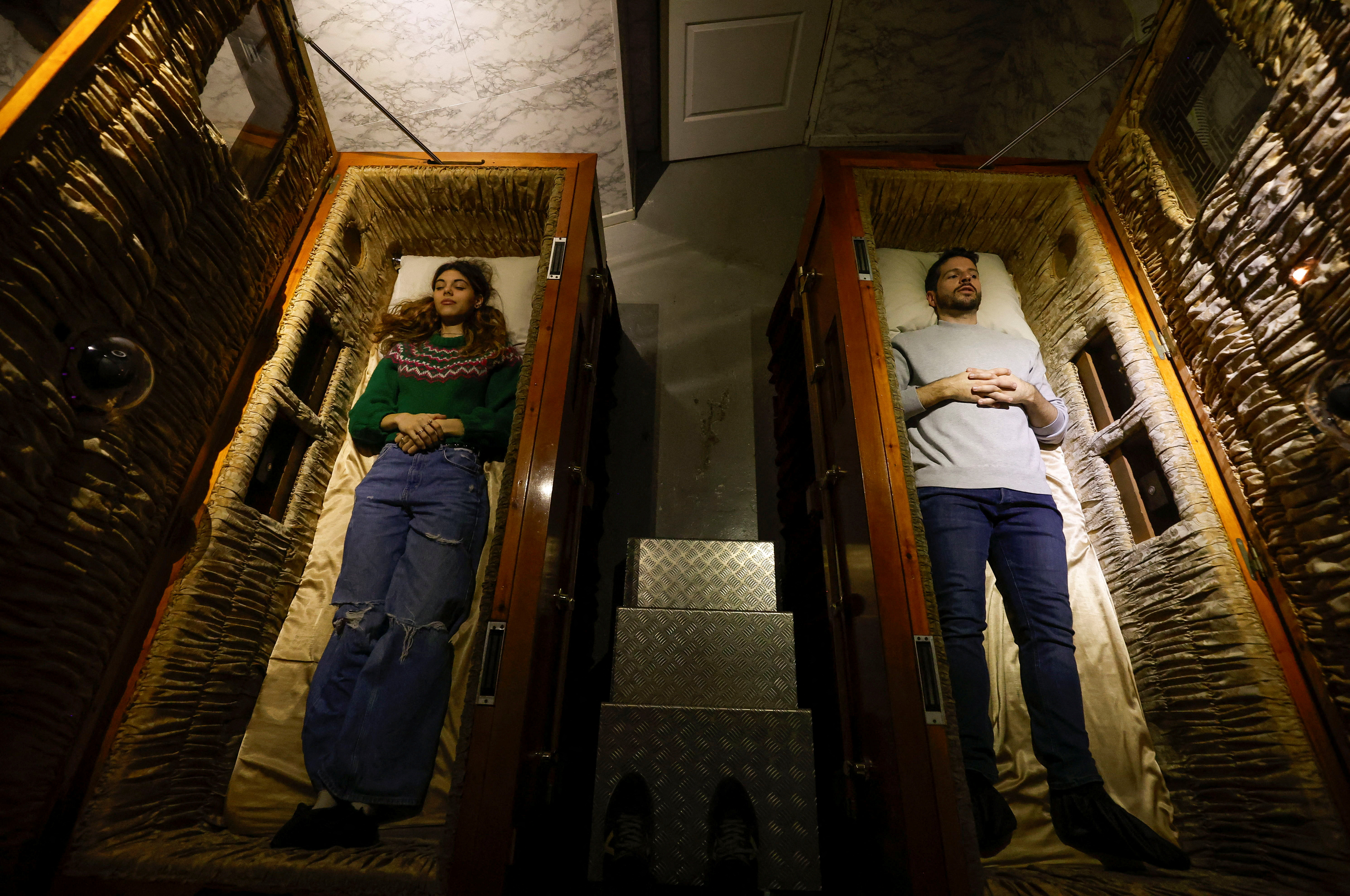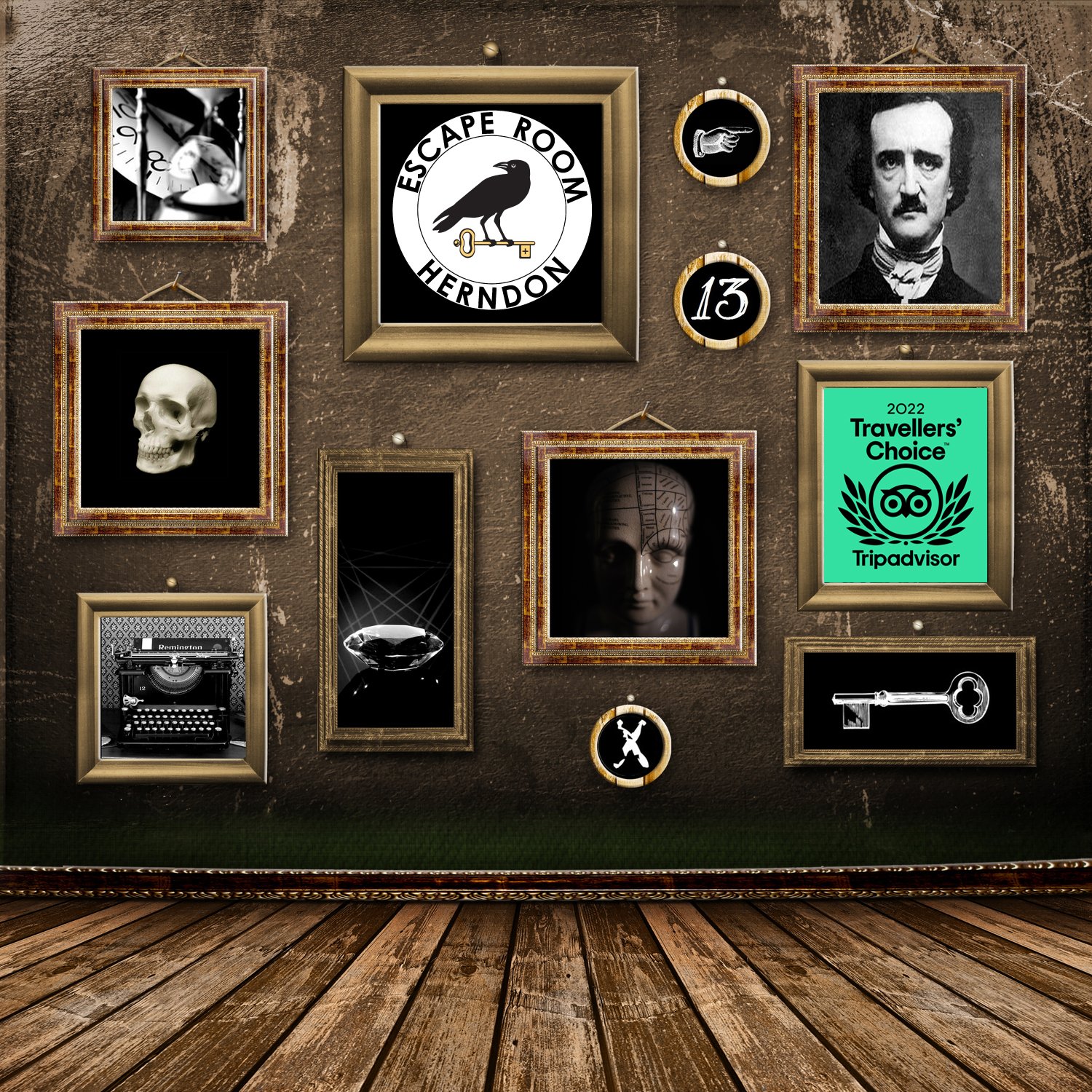Minneapolis Escape Room-- Interesting Challenge Obstacles for All Ages
Minneapolis Escape Room-- Interesting Challenge Obstacles for All Ages
Blog Article
Team Strategies: How to Team up Successfully in an Escape Space
Navigating the intricacies of a retreat area necessitates greater than plain enthusiasm; it calls for a well-coordinated strategy based in clear interaction, strategic function projects, and experienced time management. Groups must actively pay attention per participant's understandings, designate functions that line up with specific staminas, and preserve normal check-ins to ensure focus and protect against redundancy. By promoting an atmosphere that values communication and adaptability, groups can significantly heighten their effectiveness and success prices. The nuances of these methods can change the experience, however exactly how specifically can they be executed to make best use of the capacity for success?
Establish Clear Interaction
To facilitate clear interaction, it is necessary to designate a central factor of contact for info circulation. Brief, focused updates from each group participant can keep the group notified without frustrating them with information.

Assign Duties Tactically
While clear communication establishes the foundation for reliable team effort, designating roles tactically guarantees that each staff member's toughness are utilized effectively. In an escape room circumstance, the time-sensitive and intricate nature of challenges requires an efficient technique to task delegation. By identifying and leveraging private expertises, teams can maximize their problem-solving capacities and enhance total performance.
First, examine the distinct abilities and characteristics of each individual. Somebody with an eager eye for information might stand out in finding covert things, while a rational thinker can be better suited to fixing puzzles. It's similarly essential to have a leader that can supervise development, handle the timeline, and make decisive phone calls when needed. This duty frequently needs solid organizational and interpersonal skills.
Second, guarantee that functions are versatile and adaptable. As new difficulties emerge, the team should be able to pivot, reallocating tasks as needed. This versatility assists maintain momentum and prevents bottlenecks that can take place as a result of inflexible function tasks.
Eventually, a calculated technique to duty task not only takes full advantage of the staminas of each staff member but additionally cultivates a natural atmosphere, driving the team towards an effective getaway.
Use Diverse Skills
Acknowledging and utilizing the diverse skills within your group can substantially elevate your efficiency in a getaway area. Each team participant brings special strengths to the table, and effectively leveraging these abilities can speed up analytic and improve total effectiveness. For instance, a team participant with strong logical skills might stand out at analyzing intricate codes or patterns, while one more with eager observational capabilities might rapidly detect covert ideas that others may forget.
Encourage team participants to articulate their understandings and concepts promptly, making sure that all possible remedies are considered. In addition, appointing jobs that align with each member's strengths can stop traffic jams and make sure that development is continual.
Moreover, diversity in abilities often translates to diversity in thinking styles, which is vital in a retreat area setup. While some obstacles might call for sensible thinking and accuracy, others might profit from creative and association of ideas. By recognizing and leveraging this diversity, groups can resolve a more comprehensive variety of obstacles better, therefore increasing their opportunities of a successful getaway.
Manage Time Effectively

First, allot preliminary minutes for a fast survey of the room. Identify noticeable challenges and split jobs based upon team participants' staminas, making sure that nobody is still. Establish internal time checkpoints to evaluate development regularly; as an example, objective to have half the problems addressed by the mid-point of the video game. This technique can aid keep the group concentrated and avoid time from escaping unnoticed.
In addition, avoid passage vision. If a puzzle is look at more info taking too long, rotate employee or proceed to another difficulty, returning later on with fresh visit their website point of views. Communication is critical-- maintain every person upgraded on fixed puzzles and staying jobs to stay clear of repetitive initiatives.
Finally, utilize any type of tips or hints moderately however tactically - best escape room. Understanding when to request aid can save useful time. By adhering to these time monitoring concepts, teams can dramatically enhance their possibilities of a successful and enjoyable getaway space experience
Debrief and Show
Reflection is a necessary facet of group advancement and enhancement in the context of getaway areas. When the challenge is finished, whether effectively or otherwise, it is important for the team to take part in an organized debriefing session. This process allows staff member to evaluate their efficiency, recognize toughness, and determine areas for improvement.
Begin the debrief by reviewing what went well. Highlight certain instances of reliable interaction, analytical, and cooperation. Identifying these favorable behaviors enhances them and encourages their rep look at these guys in future difficulties.
Review minutes of complication, miscommunication, or inadequate approaches. Motivate an open and positive discussion where group members can share their perspectives without fear of criticism.
Conclusion
To conclude, effective cooperation in an escape area is predicated upon clear communication, critical role jobs, the efficient use of diverse abilities, and proficient time monitoring. Regular check-ins and structured debriefings are necessary for preserving emphasis and fostering constant enhancement. By producing a cohesive and adaptive group atmosphere, the likelihood of efficiently resolving problems and achieving the goal of escaping the room is significantly enhanced. This strategy not only guarantees success however also promotes collective development and learning.
Report this page